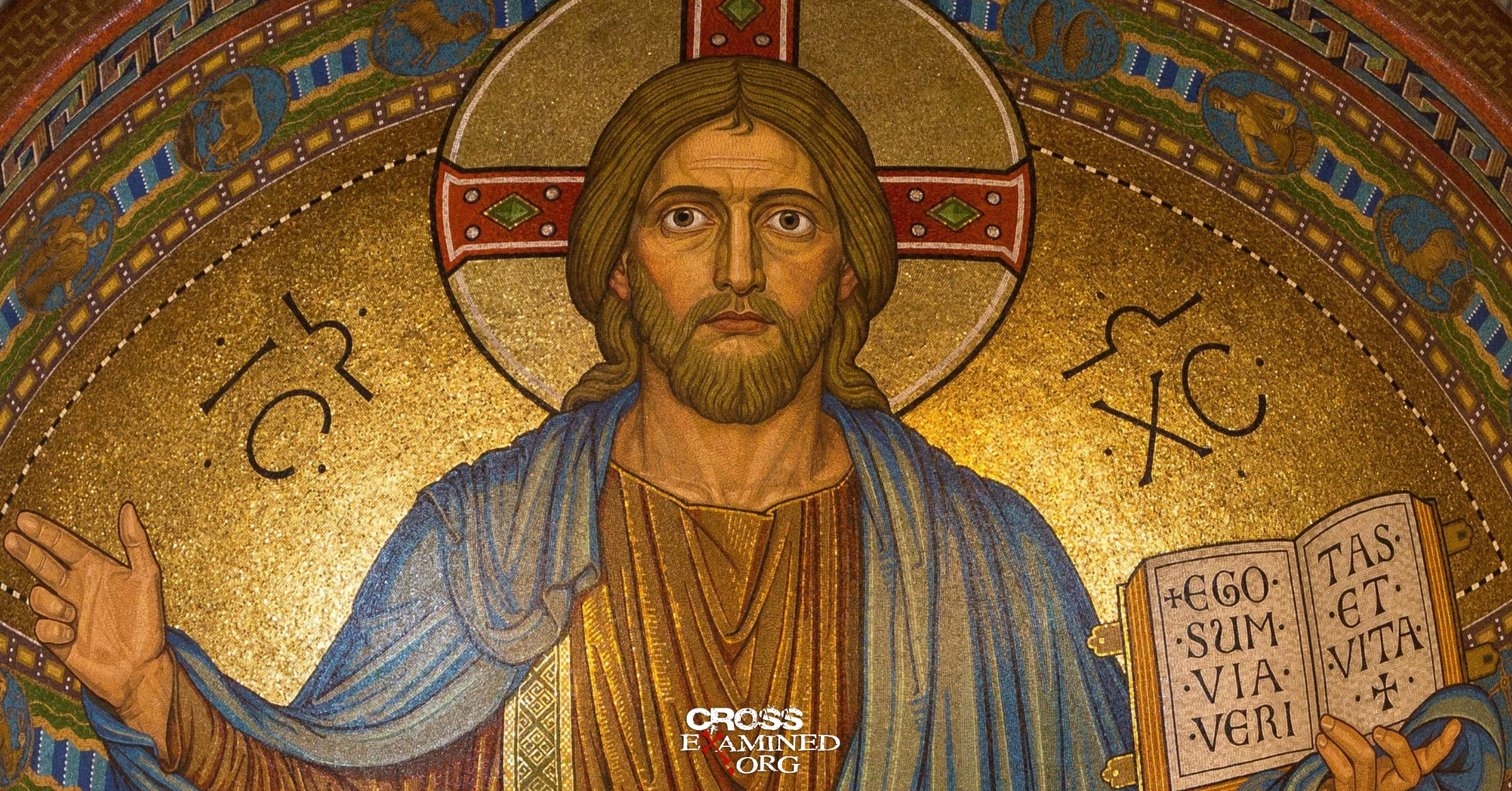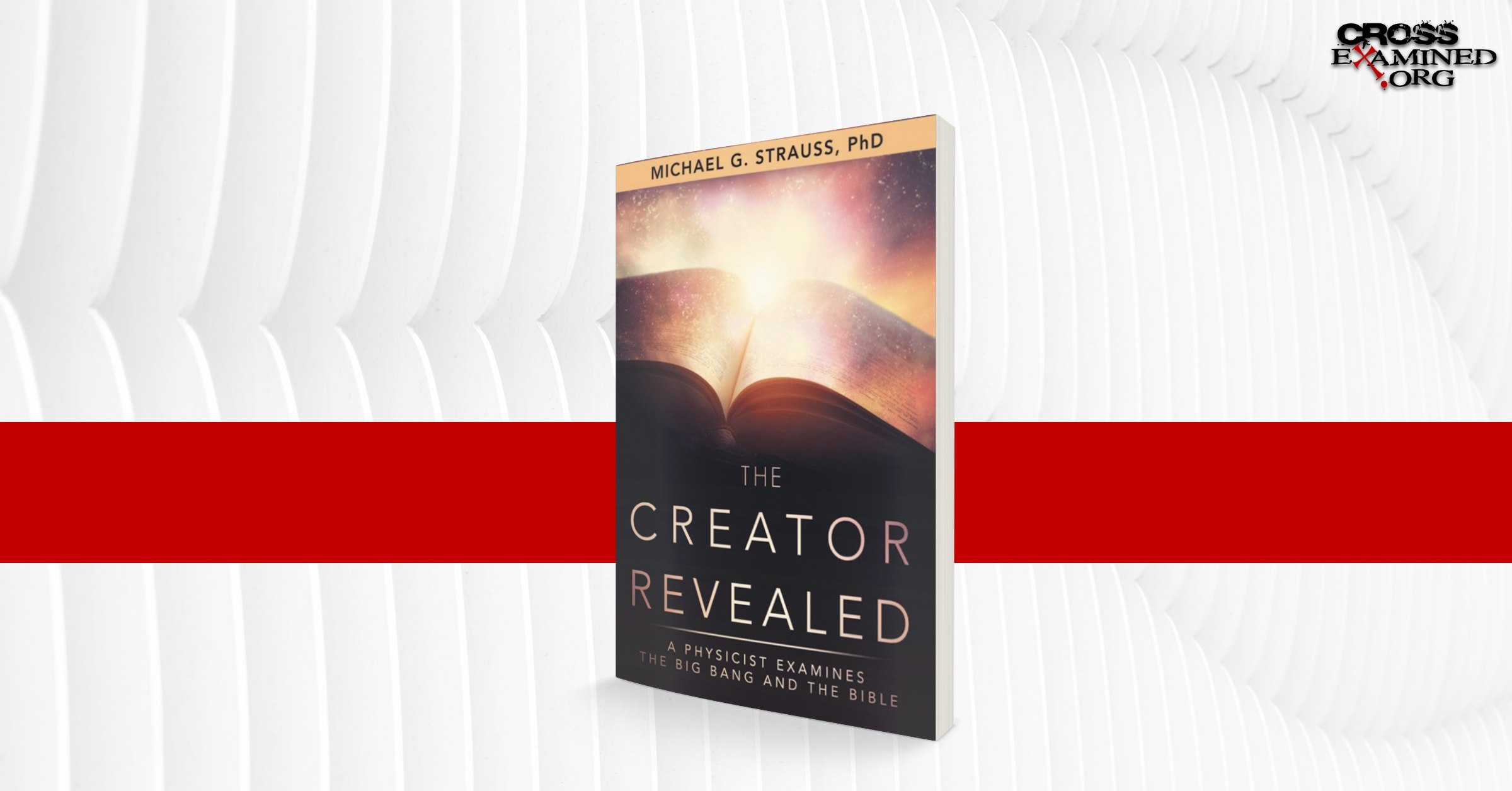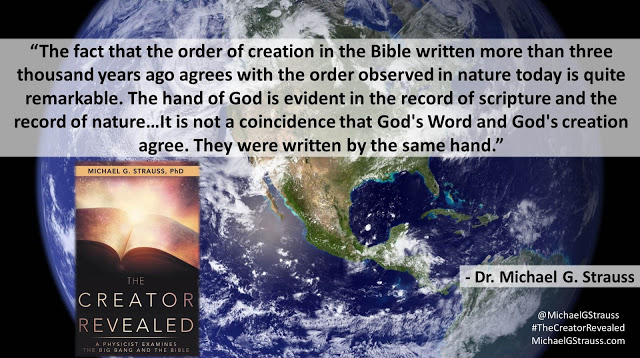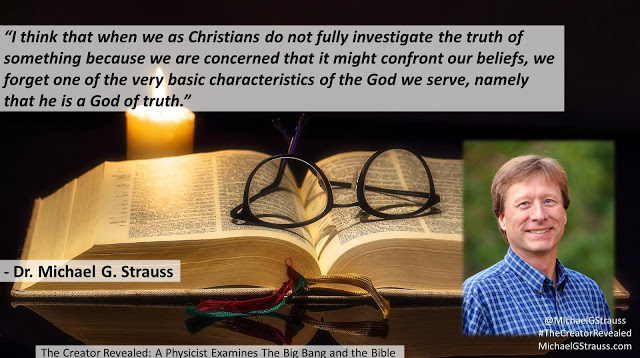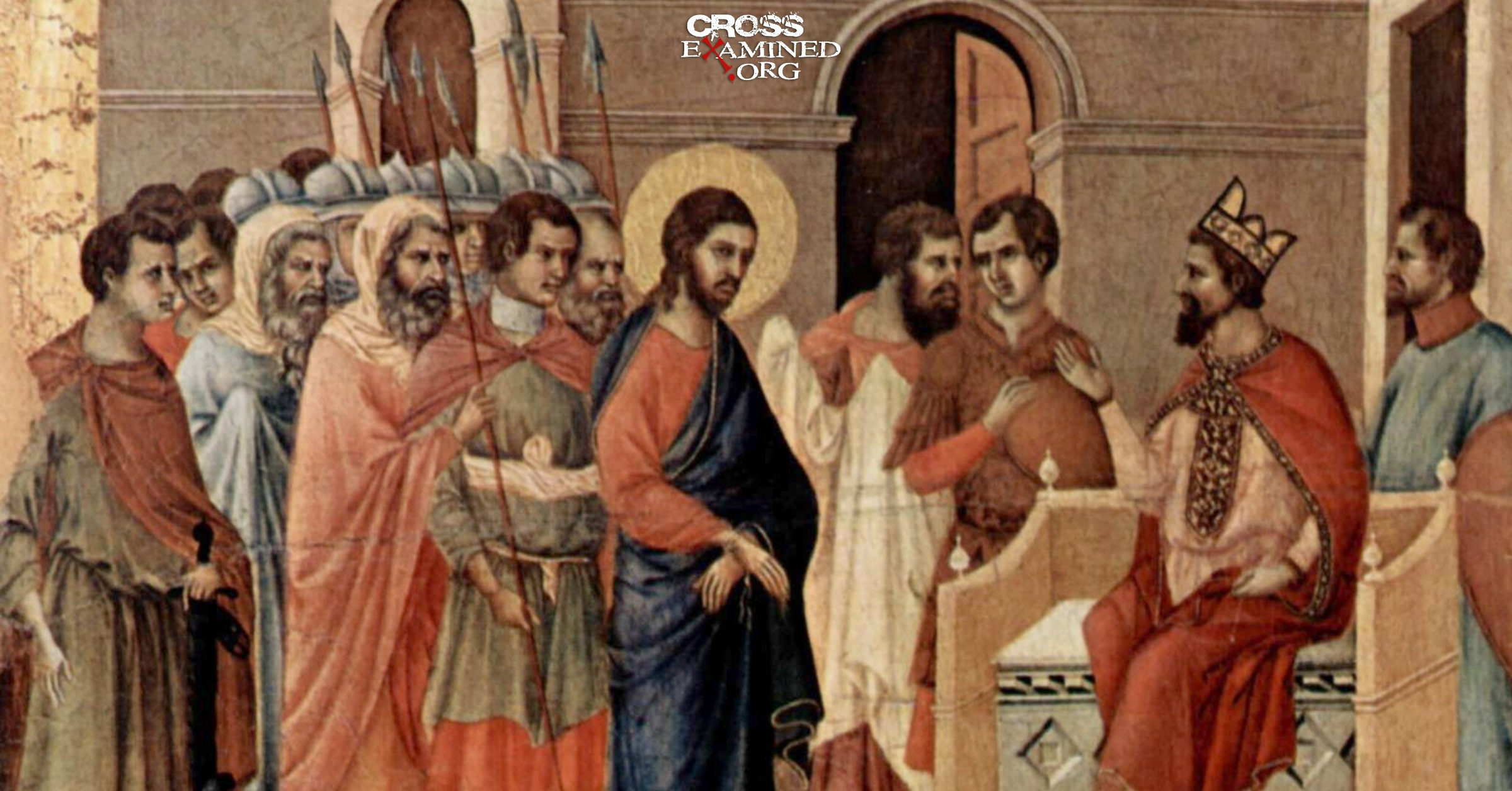By Evan Minton
I don’t know why, but 99% of the atheists I talk to on the internet hold the ludicrous position that Jesus never existed. Now, they’re atheists. I expect them not to believe in the divinity of Jesus. How could they? If they did, they wouldn’t be atheists. They’d be Christians. No. I’m not here talking about belief in the divinity of Jesus; I’m talking about belief in Jesus as a historical individual. This is what I find so ridiculous. Those who deny the Christ Myth are holding on to a historical hypothesis that would get them laughed out of every university in the world. Hardly any scholar of ancient history holds this view, and those minority of a minority of a minority who do are rightly viewed as quacks. By the way, those who believe Jesus was a flesh and blood figure of history aren’t just Christians. Atheist and agnostic scholars also believe Jesus was a historical figure. Bart Ehrman, an agnostic and one of Christianity’s most outspoken critics, believes that Jesus was a historical flesh and blood person. He writes “I think the evidence is just so overwhelming that Jesus existed, that it’s silly to talk about him not existing. I don’t know anyone who is a responsible historian, who is actually trained in the historical method, or anybody who is a biblical scholar who does this for a living, who gives any credence at all to any of this.”
Why is this the case? Why does nearly every scholar of ancient history believe that Jesus was flesh and blood figure of history? Is the evidence for Jesus’ historicity as overwhelming as the agnostic scholar Bart Ehrman says it is? Let’s take a look.
*Jesus’ Existence Is Multiply, Multiply, Multiply Attested in Secular Sources, Extra-Biblical Christian sources, and in the New Testament documents.
Jesus is mentioned in many, many sources from both the first and early second centuries. Because of this, it becomes absurd to assert that He never existed. What are those sources? Well, we have the gospels and the New Testament epistles. But everyone already knows about them so I won’t cite those. Instead, I’ll merely cite the extra-biblical non-Christian sources.
1: Flavius Josephus
Josephus mentions Jesus (and several other New Testament figures) in his writings. In “Antiquities Of The Jews” by Flavius Josephus (written in the year AD 90), Josephus writes
“Now there was about this time Jesus, a wise man, if it be lawful to call him a man, for he was a doer of wonderful works, a teacher of such men as receiving the truth with pleasure. He drew over to him both many of the Jews and many of the Gentiles. He was called the Christ, and when Pilate, at the suggestion of the principal men among us, had condemned him to the cross, those that loved him at the first did not forsake him; he appeared to them alive again the third day; as the divine prophets had foretold these and ten thousand other wonderful things concerning him. And the tribe of Christians so named from him are not extinct to this day.”
Jewish Antiquities 18.3.3
Second, in Book 20 there is what could be called a passing reference to Jesus in a paragraph describing the murder of Jesus’ brother, James, at the hands of Ananus, the High Priest.
“But the younger Ananus who, as we said, received the high priesthood, was of a bold disposition and exceptionally daring; he followed the party of the Sadducees, who are severe in judgment above all the Jews, as we have already shown. As therefore Ananus was of such a disposition, he thought he had now a good opportunity, as Festus was now dead, and Albinus was still on the road; so he assembled a council of judges, and brought before it the brother of Jesus the so-called Christ, whose name was James, together with some others, and having accused them as lawbreakers, he delivered them over to be stoned.”
Here we have an early secular source that mentions Jesus and a band of followers who clearly thought that He was the promised Messiah (or Christ) of their Jewish religion. It mentions Pontius Pilate and says that Jesus was crucified by Pontius Pilate at the suggestion of the Jewish Sanhedrin. This is a pretty good piece of non-Christian, non-biblical evidence affirming the existence of Jesus, the existence of Pontius Pilate, that Jesus had a band of followers who considered Him the Christ, and that the Sanhedrin brought Jesus to Pontius Pilate and had Him condemned to die on a cross. Josephus also states that Jesus had a brother named James and was killed by the Sanhedrin.
“BUT!” The Christ Mythicist will protest. This passage has obviously been interpolated by a Christian. Josephus was Jewish, not a Christian. And yet, he says things like “He was the Christ” and “he appeared to them alive again the third day;” So, therefore, we can’t include this passage of Josephus because it wasn’t a genuine passage written by him. It was likely written by a Christian scribe who included this passage in order to subliminally evangelize to people. But are the skeptics right? Is this passage really not good historical evidence for the existence of Jesus? There are a few things to consider.
First, very few scholars believe that the entire passage was made up by a Christian. Certainly, it’s indisputable that there have been interpolations in this passage, but that doesn’t mean that the whole thing was made up. Most scholars believe that there was an original passage about Jesus included in the testimonium flavianum but that it was slightly modified by a Christian scribe.
There are very good reasons why scholars have adopted the “Partial Authenticity” theory.
1: A good bit of the text is written Josephus’ typical grammatical style and vocabulary. That is to say; the parts believed to be original to Josephus reflect his typical style of writing.
Christopher Price wrote “Perhaps the most important factor leading most scholars to accept the partial-authenticity position is that a substantial part of the TF reflects Josephan language and style. Moreover, when the obvious Christian glosses — which are rich in New Testament terms and language not found in the core — are removed or restored to their original the remaining core passage is coherent and flows well. We can be confident that there was a minimal reference to Jesus… because once the clearly Christian sections are removed, the rest makes good grammatical and historical sense. The peculiarly Christian words are parenthetically connected to the narrative; hence they are grammatically free and could easily have been inserted by a Christian. These sections also are disruptive, and when they are removed the flow of thought is improved and smoother.”
Graham Stanton states “Once the obviously Christian additions are removed, the remaining comments are consistent with Josephus’s vocabulary and style.” (Stanton, The Gospels and Jesus, page 143). The most recent and comprehensive study of the testimonium flavianum was done by John P. Meier in A Marginal Jew, Volume 1. As stated by Meier, “many keywords and phrases in the Testimonium are either absent from the NT or are used therein an entirely different sense; in contrast, almost every word in the core of the Testimonium is found elsewhere in Josephus–in fact, most of the vocabulary turns out to be characteristic of Josephus.” (Meier, op. cit., page 63).
- The Reference to James the Brother of Jesus Suggests an Earlier Reference to Jesus
The validity of Josephus’ reference to James’ Martyrdom increases the likelihood that the TF is also valid. In Josephus’ reference to James, he refers to Jesus as “the so-called Christ” without further explanation. That’s all he says. All he says about James is that he’s the brother of “Jesus, the so-called Christ.” Josephus does not go into any further explanation of who Jesus is, what He did, no claims of Him dying and rising from the dead, no mention of any miracles, or anything like that. All he says is that James is Jesus’ brother. The way the James passage reads, it seems like Josephus was presupposing that his readers already knew who he was talking about. This would make sense if the Testimonium Flavianum was a legitimate passage. Because in that passage, Josephus already briefly explained who this Jesus was and what He did, so that by the time his readers come across the James passage, no further explanation is needed. However, Josephus’ lack of elaboration on who Jesus is in the James passage would make no sense at all if there were not a prior explanation of who he was like we have in the testimonium flavianum. By the way, no one doubts that Josephus’ reference to James is authentic.
For these two reasons and several others, most scholars believe Josephus’ testimonium flavianum is a genuine passage, even though it’s obvious that some Christian scribe changed a few lines here and there. For more information on why the Josephus passage has only been partially interpolated rather than completely invented, click on the URL below.
“Did Josephus Refer To Jesus?” by Christopher Price — http://bede.org.uk/Josephus.htm
The Mona Lisa
This issue came up in a talk by Dr. Timothy MgGrew. The lecture was about the extra-biblical evidence that indicated the historical reliability of the New Testament. By the way, you can listen to his talk on Youtube. Anyway, Tim McGrew pulled up a photo of the Mona Lisa. The Mona Lisa had a mustache, and he compared the interpolations of the Josephus passage about Jesus to the mustached Mona Lisa. He said
“This is not a painting by Leonardo Divinchi and if the lightings not too bright, you may be able to see the reason why. It looks a bit like the Mona Lisa… but… it’s got a mustache and a little goatee beard. Should we conclude that there was no original painting? Or should we conclude that there was and that something has been added to it… by another hand? What should we do with a mustache on the Mona Lisa? Well, fortunately in 1971, Shlomo Pines published some work he had been doing some work on an Arabic manuscript that contains this passage.”
And here in this Arabic text is what we find; it’s the passage without the ham-handed bits that look like Christian interpolations.
“At this time there was a wise man called Jesus, and his conduct was good, and he was known to be virtuous. And many people from among the Jews and other nations became his disciples. Pilate condemned him to be crucified and to die, and those who were his disciples did not abandon their loyalty to him. THEY REPORTED that he had appeared to them 3 days after his crucifixion. Accordingly, they believed he was the Messiah as the prophets had told wonders” (emphasis mine)
Tim MgGrew then asked his audience “Do you see the difference? My guess is (and this view of the majority of scholars) is that the passage was originally written by Josephus much like we have in this Arabic text… and then some Christian scribe couldn’t resist the impulse to come put a mustache on the Mona Lona. He didn’t realize that he was doing would cause doubt over the authenticity of this report of this genuine passage and that of Josephus himself. Just as with the Mona Lisa, our inference is that there really was an original and it was not done by the person who added the mustache and the beard. Our best bet regarding the testimony is that Josephus really wrote it and that it was interpolated. And fortunately, we’ve discovered a text that shows us which most scholars think is more or less the way it originally was.”
2: Tacitus
Another secular document is called “Annals” by Cornelius Tacitus. From Annals 15.44. Tacitus is reporting on Rome burning to the ground and says that everyone blamed Nero for burning Rome to the ground. Nero tried to pin it on Christians, and he consequently persecuted them. The Annals of Tacitus dates to AD 115.
“But not all the relief that could come from man, not all the Bounties that the prince could bestow, nor all the atonements Which could be presented to the gods, availed to relieve Nero From the infamy of being believed to have ordered the Conflagration, the fire of Rome. Hence to suppress the rumor, he Falsely charged with the guilt, and punished Christians, who were Hated for their enormities. Christus, the founder of the name, was Put to death by Pontius Pilate, procurator of Judea in the reign Of Tiberius: but the pernicious superstition, repressed for a time Broke out again, not only through Judea, where the mischief Originated, but through the city of Rome also, where all things Hideous and shameful from every part of the world find their Center and become popular. Accordingly, an arrest was first Made of all who pleaded guilty; then, upon their information, an Immense multitude was convicted, not so much of the crime of Firing the city, as of hatred against mankind.”
Again, mention of Jesus and Pontius Pilate in secular documents. Tacitus affirms that Jesus existed and that He was crucified by Pontius Pilate. Then he says that the movement named after Jesus died out for a while, then it flared up again, originally in Judea, then spread to Rome. The New Testament says the same thing; Jesus existed, was crucified by Pilate, his followers stayed quite for 50 days after that, then after Pentecost, they started spreading the gospel across the ancient world. And unlike Josephus’ passage, this passage in Tacitus is NOT disputed by anyone. Everyone recognizes this passage is Tacitus’ Annals as being authentic.
3: Pliny The Younger
Pliny the Younger (62?-c.113) was Governor of Bithynia. His correspondence in 106 AD with the emperor Trajan included a report on proceedings against Christians. In an extended explanation to his supervisor, Pliny explained that he forced Christians to “curse Christ, which a genuine Christian cannot be induced to do.” He also described their actions and practices thusly:
“They affirmed, however, that the whole of their guilt, or their error, was, that they were in the habit of meeting on a certain fixed day before it was light, when they sang in alternate verse a hymn to Christ as to a god, and bound themselves to a solemn oath, not to any wicked deeds, but never to commit any fraud, theft, adultery, never to falsify their word, not to deny a trust when they should be called upon to deliver it up.”
Kyle Butt, an author of many articles on Apologetics Press, had this to say about the Pliny passage I just cited. This is what Kyle Butt of Apologetics Press wrote.
“Pliny used the term ‘Christian’ or ‘Christians’ seven times in his letter, thereby corroborating it as a generally accepted term that was recognized by both the Roman Empire and its emperor. Pliny also used the name “Christ” three times to refer to the originator of the “sect.” It is undeniably the case that Christians, with Christ as their founder, had multiplied in such a way as to draw the attention of the emperor and his magistrates by the time of Pliny’s letter to Trajan. In light of this evidence, it is impossible to deny the fact that Jesus Christ existed and was recognized by the highest officials within the Roman government as an actual, historical person.” – Kyle Butt, Apologetics Press, from the article titled “The Historical Christ–Fact or Fiction?”
4: Celcus
Celsus, a second-century pagan philosopher, produced a vehement attack upon Christianity by the title of True Discourse (in A.D. 178). Celsus argued that Christ owed his existence to the result of fornication between Mary and a Roman soldier named Panthera. As he Jesus got older, Jesus started to run around Palestine making extravagant claims to divinity. Celsus then tells us that due to Jesus’ wild claims about himself, he upset the Jewish authorities so badly that they had him killed. Celsus, though he severely ridiculed the Christian faith, never went so far as to suggest that Jesus did not exist.
5: Mara Bar Serapion
Mara Bar-Serapion was a Syrian who wrote about Jesus Christ sometime around A.D. 73. He left a legacy manuscript to his son Serapion.
“What advantage did the Athenians gain from putting Socrates to death? Famine and plague came upon them as a judgment for their crime. What advantage did the men of Samos gain from burning Pythagoras? In a moment their land was covered with sand. What advantage did the Jews gain from executing their wise King? It was just after that their Kingdom was abolished. God justly avenged these three wise men: the Athenians died of hunger; the Samians were overwhelmed by the sea; the Jews, ruined and driven from their land, live in complete dispersion. But Socrates did not die for good; he lived on in the teaching of Plato. Pythagoras did not die for good; he lived on in the statue of Hera. Nor did the wise King die for good; He lived on in the teaching which He had given.”
This reference reveals several key things:
1) Jesus was regarded as a wise king.
2) Jesus was murdered.
3) Jesus’ teachings lived on.
Several Christ Mythicists have tried to argue that the “wise king” Mara is referring to isn’t Jesus, but this is really a pathetic argument. For the sake of brevity, I cannot go into the objections to the Mara Bar Serapion passage in any depth, but James Patrick Holding addresses these arguments in the URL below.
http://tektonics.org/jesusexist/serapion.php
In Conclusion
For the sake of brevity, I couldn’t go into all of the secular sources mentioning Jesus. But here’s a list of all the historical sources mentioning Jesus.
Secular sources — Josephus, Tacitus, Pliny The Younger, Lucian, Phelgon, Celus, Mara Bar Serapion, Suetonius, and Thallus
New Testament sources — Matthew, Mark, Luke, John, Paul, Author of Hebrews, James, Peter, and Jude.
Non-Biblical Christian sources — Clement of Rome, 2 Clement, Ignatius, Polycarp, Martyrdom of Polycarp, Didache, Barnabas, Shepherd of Hermas, Fragments of Papias, Justin Martyr, Aristides, Athenagoras, Theophilus of Antioch, Quadratus, Aristo of Pella, Melito of Sardis, Diognetus, Gospel of Peter, Apocalypse of Peter, and Epistula Apostolorum.
Heretical Writings — Gospel of Thomas, Gospel of Truth, Apocryphon of John, and Treatise on Resurrection.
We have an abundance of historical evidence for the existence of Jesus of Nazareth. In fact, the amount of historical evidence is SHOCKING considering how obscure a figure Jesus was. He had, at most, a 3 years public ministry. Yet He’s mentioned in more sources than the Roman emperor! If you count all the non-Christian sources that mention Jesus, Jesus is mentioned in one more source than the Roman emperor Tiberius Caesar! Counting the Christian sources (including the New Testament documents), Jesus beats Caesar 42 to 10! If you consider Jesus a mythological person in light of this historical evidence, you may as well believe the same thing about Tiberius Caesar, since we have more attestation to His existence than for Tiberius Caesar. To claim that Jesus is a myth and Tiberius Caesar was a real person is to be inconsistent.
Now, why is this important? Because when historians are examining history, they use certain tests of authenticity. If a passage in a history book passes one of these “tests,” then the historian concludes that it’s more likely than not that this recorded event is true than it is false. There are many of these tests, but the one I’m using in this blog post is known as “The Principle Of Multiple Attestation.” The principle of multiple attestations says that if an event is mentioned in more than one source, and if the sources don’t rely on each other, then it’s far more likely that that event really occurred. The more records an event is mentioned in, the more and more and more certainty we have that the event recorded in that document is true. Why? Because the more independent sources, you find something in, the less and less likely that ALL of these people would make up the exact same story.
I’m applying the principle of multiple attestations here to the existence of Jesus of Nazareth. Jesus is mentioned in so many early, independent sources, that it just becomes irrational to assert that ALL of these people made up the same fictional character…and the proceeded to talk as if he was real.
In addition to that, a few of these sources are hostile sources. They’re not only neutral to the claims of the Christian faith, but they actually ridicule Jesus. These would be sources like Tacitus and Pliny The Younger. This would make their accounts for historically certain due to the principle of enemy attestation.
Objection: But these aren’t contemporary sources. These are later, secondary sources! Show me contemporary sources or else I won’t believe Jesus existed!
Ahh, yes. The old worn out “There are no contemporary accounts of Jesus” argument. We actually do have contemporary accounts of Jesus; they’re called the gospels. As mentioned in two other blog posts, we have good reason to believe that the vast majority of the New Testament documents were written prior to A.D 60. But even if it were true that there were no contemporary accounts of Jesus, what would that prove? Would it prove Jesus never existed? Hardly. We don’t really have any contemporary historical evidence for lots of figures in history yet we can know they existed because the historical study can compensate with techniques such as “declarations against interest” and independent corroboration. We have 9 secular sources for Jesus’ existence (the works of Josephus, Tacitus, Pliny, etc.), that though they aren’t contemporary accounts are still reliable given that they’re not too far removed from the events they report, and as for the gospels which ARE contemporary accounts, they’re rejected a priori because they’re written by people who believed in Jesus and are supposedly biased (even though virtually everyone who writes history has some kind of bias). Moreover, the type of bias the New Testament writers had was a bias not to say anything at all about Jesus and all of the things he did because that ended up getting them excommunicated from their synagogues, tortured and killed.
For one thing, being a non-contemporaneous account does not mean it is not a reliable source. Secondary accounts, though not valued as highly by a historian as firsthand or eyewitness accounts, are not considered worthless. For some historical events and persons, all we have are secondary accounts. Would we, therefore, conclude that they never happened? Of course not. Yet that’s what Christ Mythicists do when it comes to the life and death of Jesus. They reject all secondary accounts (Josephus, Tacitus, Pliny) and they reject the contemporary accounts we DO have (i.e. the gospels). Aren’t they aware of the fact that historians don’t require contemporary accounts for accepted history? (If you think they do, then you’d have to rewrite much of history) They accept both first hand and secondary accounts, among other factors.
Moreover, the thing about Josephus and Tacitus is that even though they weren’t alive during Jesus’ lifetime, they were living within the lifetimes of those who DID know Jesus and could tell them about Him (Jesus, according to virtually all scholars was crucified in either 30 AD or 33 AD and Josephus was born in 37 AD) I have used the analogy of me reporting about Richard Feynman, an American physicist best known for his work in quantum mechanics and who assisted in the development of the atomic bomb. Even though I was born after he died (Feynman died in 1988, I was born in 1992), I’m still close enough to the events to be relevant. After all, I’m growing up in a time where adults who did know Richard Feynman are still around, and they could tell me about him (just pretend for the moment that I don’t have video recordings, Josephus didn’t have these to go on). Are you saying my testimony about Feynman would be invalidated because I wasn’t a contemporary of him, even though I have parents and grandparents and friends of my parents who were contemporaries of Feynman whom I could have gotten my information from? Absurd. My point is, they’re still close enough to the events to be relevant sources, and almost all scholars on the subject accept their testimony as valid evidence for Jesus’ historicity, including scholars who aren’t Christians (so we can be sure they have no theological ax to grind).
Objection: Why Aren’t There More Sources?
Some skeptics complain that there aren’t more historical sources mentioning Jesus. They argue; if Jesus was such an influential individual as the gospels make him out to be, there ought to be far more historical documents that mention Him than what we do have. Of the secular sources, we only have 9 that mention Jesus. From that, they argue that he either didn’t exist or wasn’t as influential as The Bible says.
For one thing, very few documents from ancient history have survived up to the present time. As Ryan Turner, author for CARM (Christian Apologetics and Research Ministry) wrote in an article on Carm.org: “There are a number of ancient writings that have been lost, including 50% of the Roman historian Tacitus’ works, all of the writings of Thallus and Asclepiades of Mendes. In fact, Herod the Great’s secretary named Nicolas of Damascus wrote a Universal History of Roman history which comprised nearly 144 books, and none of them have survived. Based on the textual evidence, there is no reason to doubt the existence of Jesus of Nazareth.”
The fact of the matter is; there may have been more secular documents that spoke about Jesus for all we know. But they most likely decayed away, had been destroyed, or they haven’t been discovered yet by archeologists. If documents aren’t copied over and over again at a quick enough pace, they aren’t likely to survive for 2,000 years. Moreover, the evidence we have for Jesus is still pretty strong. His existence is multiply, multiply, multiply, multiply, multiply attested in 9 secular sources, 9 biblical sources, 20 non-biblical Christian sources, and 4 heretical sources.
Now, historians consider themselves extraordinarily lucky when they find 2 independent sources mentioning something, but with the existence of Jesus, we’ve got 42! Some of which are contemporary sources, others, secondary. We have to ask ourselves; is it really rational to believe that such an individual is a fictional character when so many historians wrote about him? The existence and crucifixion of Jesus are mentioned in numerous, independent and early sources. There may have been more for all we know, but they just eroded away due to the fact that that happens to documents which endure through thousands of years.
Objection: Jesus Is Just A Copy Of Pagan Myths
Another argument put forth by the Christ Mythers is that Jesus was just a copy of pagan gods. They’ll cite “similarities” between the two and claim that Christianity is just a plagiarized religion from these earlier pagan myths. Supposedly we’re supposed to believe that Jesus was just a myth and not a real, historical, flesh and blood individual. I’ve already written two different blog posts pointing out the absurdity of this argument, so I will not go into any of it here. Instead, I’ll just redirect you to those blog posts, and you can check them out whenever you have the time.
1: Is Jesus A Copy Of Pagan Myths?
2: Cartoons and Comics That Plagiarized Christianity (Satire)
In Conclusion: The Christ Myth is absurd. Jesus obviously existed as well as several other New Testament figures. You can believe that Jesus was just an ordinary man if you want to, but to claim He didn’t even exist is just ridiculous. The debate among scholars of ancient is history IS NOT “Did Jesus exist?” No. The debate is: “Was Jesus more than a man? Did He say what the gospels say He said? Did He rise from the dead?” These are questions that are debated among scholars. But Jesus’ historical existence is just taken for granted. And why shouldn’t it be? You’ve seen the evidence.
If you want to go into this topic in far more depth than I’ve covered here, check out James Patrick Holding’s book “Shattering The Christ Myth” as well as Bart Ehrman’s book titled “Did Jesus Exist?”.
Evan Minton is a Christian Apologist and blogger at Cerebral Faith (www.cerebralfaith.blogspot.com). He is the author of “Inference To The One True God” and “A Hellacious Doctrine”. He has engaged in several debates which can be viewed on Cerebral Faith’s “My Debates” section. Mr. Minton lives in South Carolina, USA.
Original Blog Source: http://bit.ly/2wDczb2



